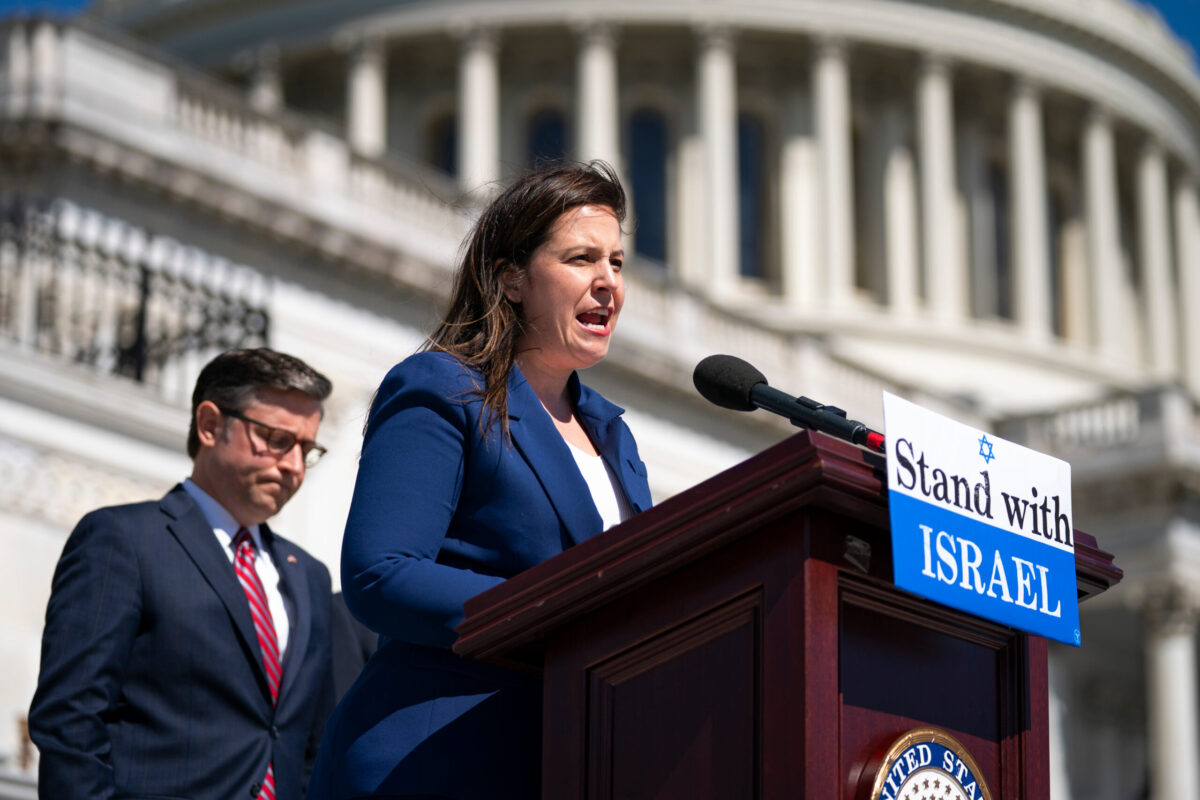Student loan payments resume in 12 days as federal pause concludes.
Borrowers Brace for Student Loan Payments to Resume as COVID Pause Ends
Borrowers who have outstanding debt on their student loans will have their payments resume beginning next month as the COVID-era federal pause ends. The Department of Education has announced that the amount borrowers owe and the due date will be sent out 21 days before the payment is due.
House Republicans’ Internal Tensions Spill into the Public
After a long hiatus since March 2020, when the coronavirus pandemic first hit the United States, payments for student loans are finally set to resume in October. The Biden administration has extended the pause multiple times, but now borrowers must prepare to start repaying their loans.
Interest on outstanding student loans, which had been on hold since March 13, 2020, resumed on September 1, 2023. However, the Education Department understands that some borrowers may still face financial challenges. To address this, a “temporary on-ramp” will be available until September 30, 2024, ensuring borrowers are not reported as delinquent on their payments.
“Payments are still due, and interest will continue to accrue (add up). We will not report you as delinquent during the on-ramp, but we do not control how credit scoring companies factor in missed or delayed payments,” the Department of Education emphasized on its website.
Loan plans eligible for the “temporary off-ramp” include direct loans, Federal Family Education Loan Program loans held by the Education Department, Federal Perkins Loans held by the Education Department, defaulted Federal Family Education Loan Program loans not held by the Education Department, and defaulted Health Education Assistance loans, according to the Department of Education.
Furthermore, recent college graduates can breathe a sigh of relief as they will not be required to make payments until their grace period ends, typically six to nine months after graduation.
Stay informed: Click here to read more from The Washington Examiner
How has the pandemic affected employment and income levels, and how does this impact borrowers’ ability to meet their financial obligations?
Xt month as the pause on repayments, implemented due to the COVID-19 pandemic, comes to an end. This development raises concerns among many borrowers who may struggle to meet their financial obligations in the face of ongoing economic uncertainty and lingering effects of the pandemic.
The coronavirus pandemic has caused substantial disruption and financial hardship for individuals and families around the world. In an effort to ease the burden on borrowers, governments and financial institutions implemented various relief measures, such as the suspension of student loan payments. This temporary reprieve allowed many individuals to focus on their immediate needs, such as paying for basic necessities and managing unexpected expenses.
However, as the world begins to gradually recover from the pandemic, governments and institutions are shifting their focus towards economic recovery. Consequently, the pause on student loan payments is set to expire soon, and borrowers must prepare themselves for the resumption of their financial obligations.
For many borrowers, the resumption of student loan payments represents a significant financial challenge. The effects of the pandemic on employment and income levels are still being felt, with many individuals struggling to secure stable employment or experiencing reduced hours and wages. This situation makes it difficult for borrowers to allocate funds towards their student loan payments while also addressing other crucial financial priorities.
Furthermore, the job market itself remains uncertain and competitive. Many recent graduates and young professionals are facing significant barriers in finding suitable employment opportunities that can provide the necessary income to meet their financial obligations. The lack of job security, coupled with the burden of student loan payments, puts borrowers in a vulnerable position and threatens their financial stability.
To navigate these challenges, borrowers must proactively assess their financial situation and consider available options for managing their student loan repayments. Several strategies can help borrowers in this regard. Firstly, individuals should create a comprehensive budget that reflects their current income and expenses. This exercise can provide clarity on available funds that can be allocated towards student loan payments.
Secondly, borrowers should explore options for loan consolidation or refinancing. Consolidating multiple loans into one payment can simplify the repayment process and potentially offer more favorable terms. Additionally, refinancing at a lower interest rate can reduce the burden of interest payments, making repayments more manageable over time.
Moreover, it is essential for borrowers to be aware of government assistance programs that may offer temporary relief or repayment alternatives based on their financial circumstances. Researching and contacting relevant agencies or loan servicers can provide valuable information on available options and eligibility criteria.
Lastly, borrowers should consider seeking professional financial advice to develop a personalized repayment plan. Financial advisors or debt counselors can assist borrowers in understanding their options and developing a strategy that aligns with their financial goals and constraints.
In conclusion, as the COVID-19 pause on student loan payments draws to a close, borrowers must prepare themselves to resume their financial obligations. The ongoing economic uncertainty and challenges faced by individuals make it crucial for borrowers to proactively assess their financial situation and explore available strategies to manage their student loan repayments effectively. By doing so, borrowers can navigate the post-pandemic financial landscape and work towards achieving long-term financial stability.
" Conservative News Daily does not always share or support the views and opinions expressed here; they are just those of the writer."





